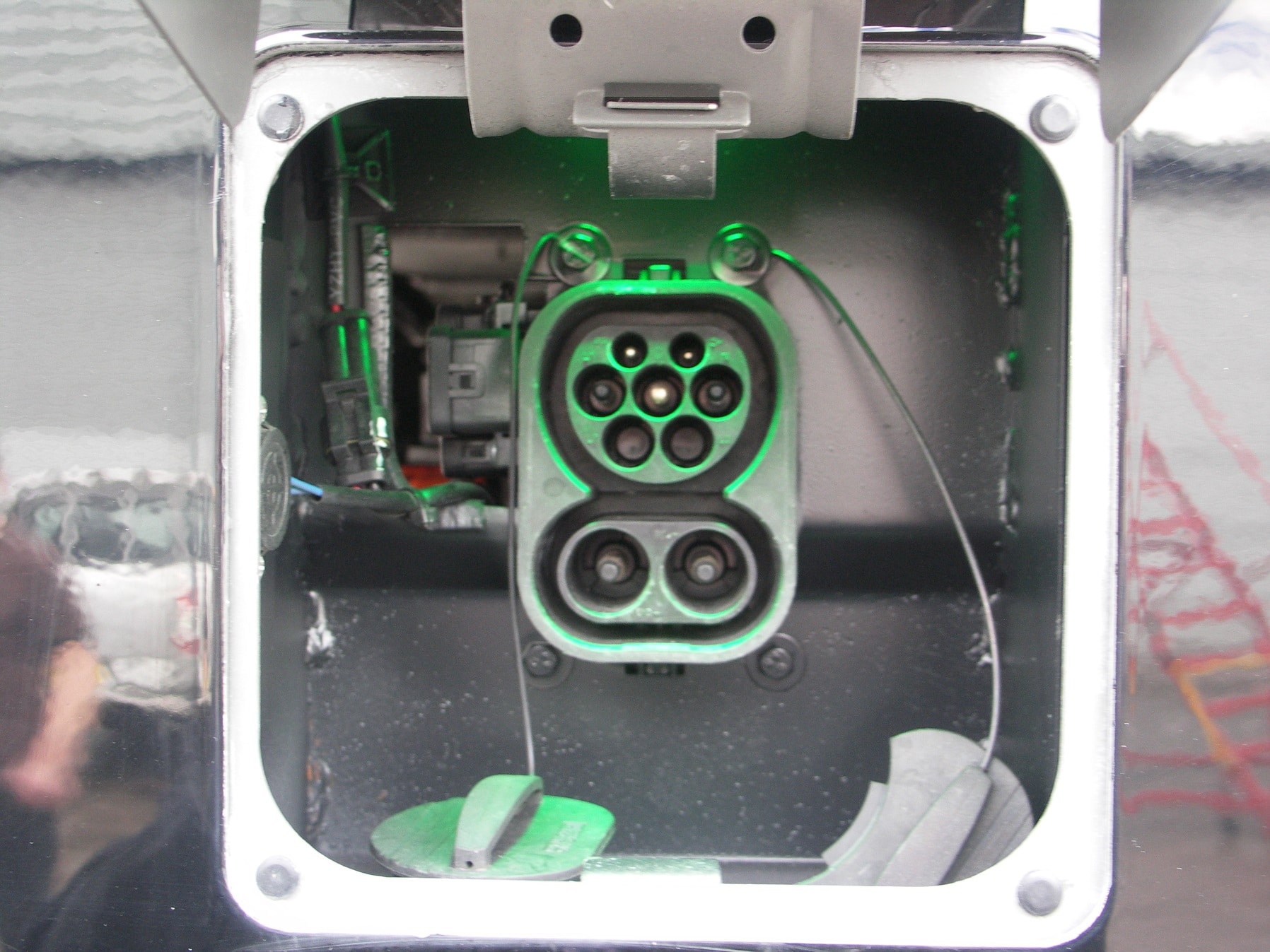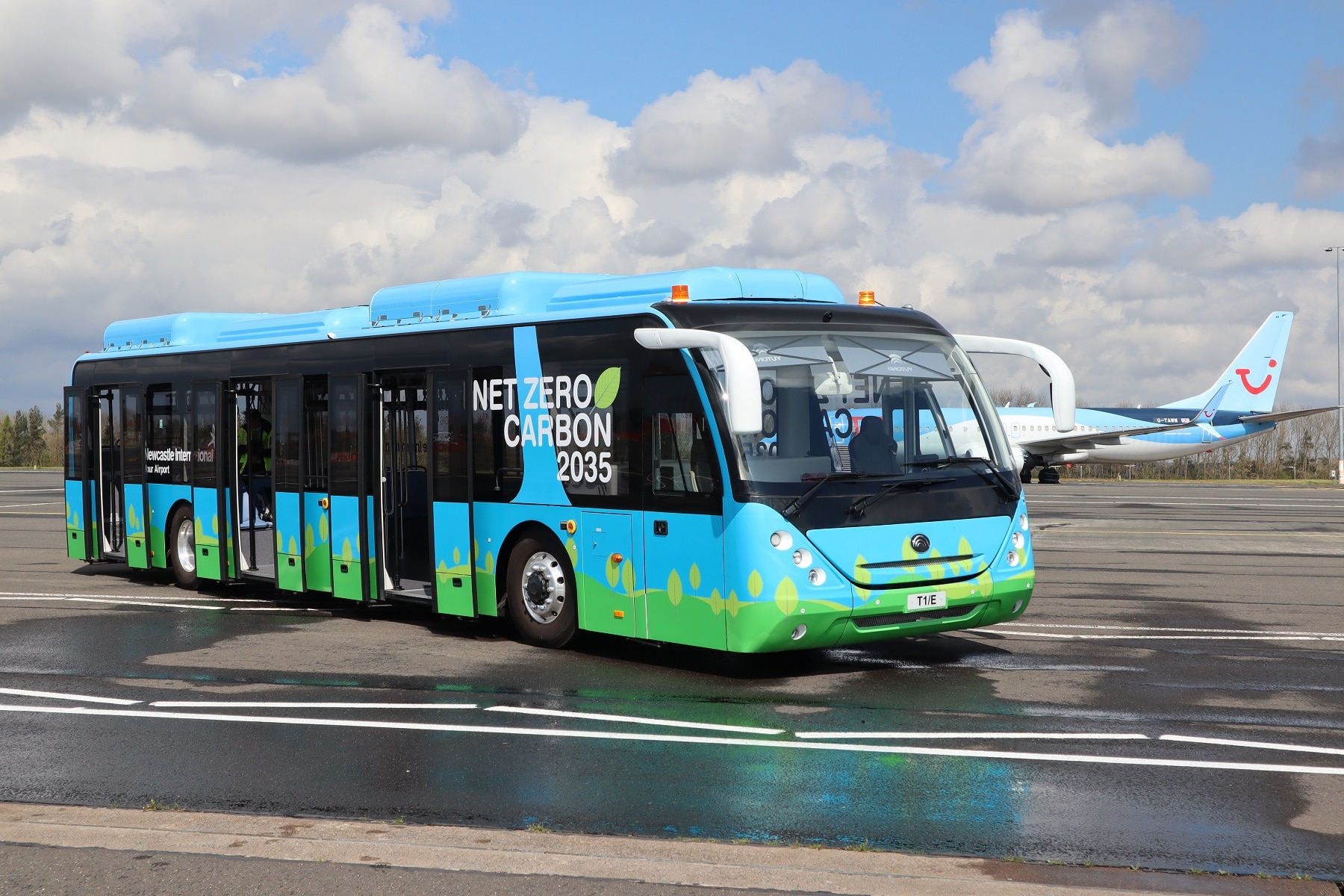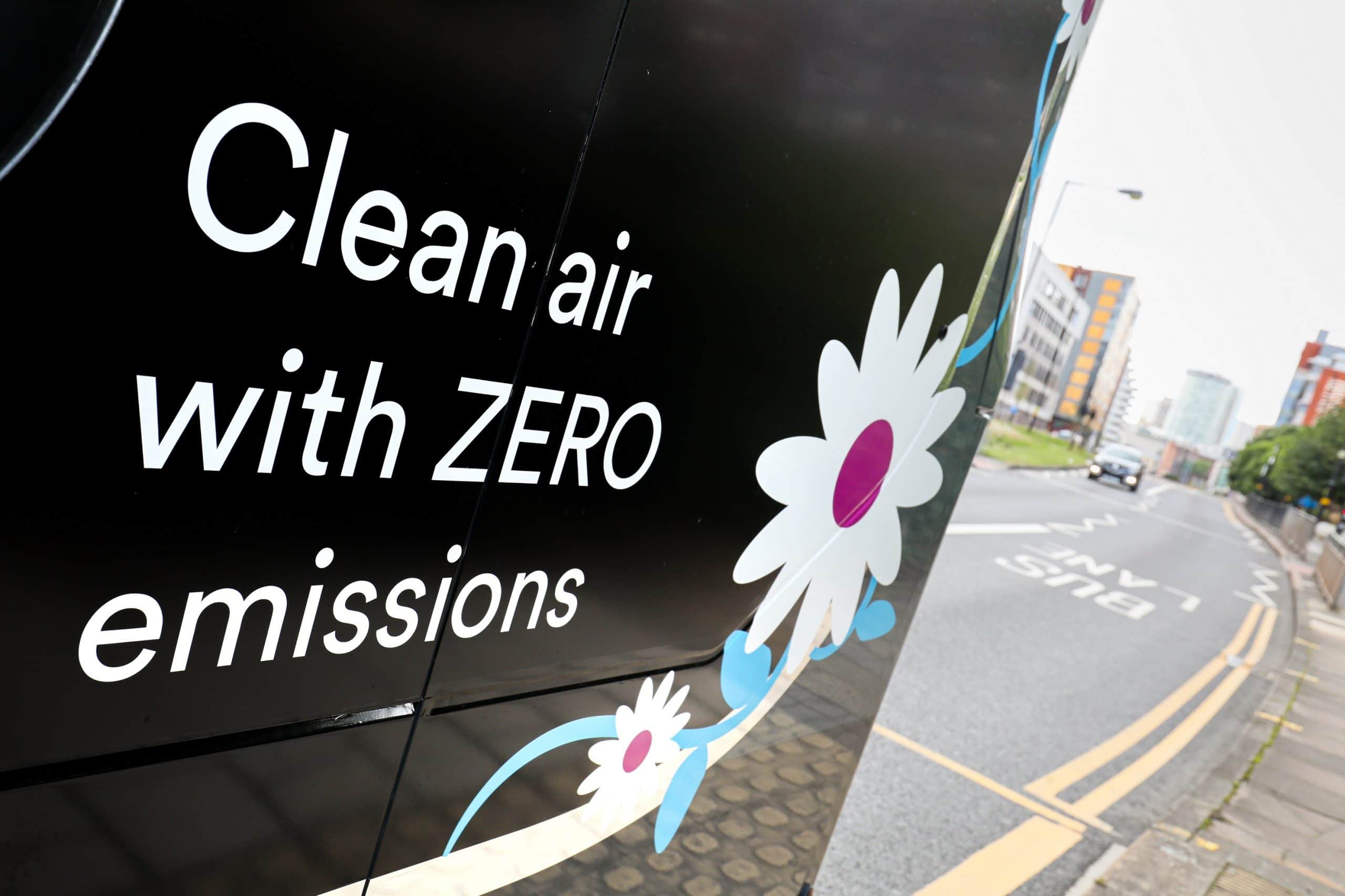Anyone that operates battery-electric buses has probably been asked the question: How many miles will they operate on a full charge? The answer is invariably that it depends.
A significant variable is the amount of energy stored in the batteries. That is influenced by the energy density, mass and volume. It is also influenced by what the operator needs, the charging strategy and the battery degradation management strategy. Route topography, loading, driveline efficiency and ancillary energy demand are all relevant, too.
Ancillary demands are key to electric bus energy usage
The area I want to focus on for now is management of the ancillary energy demand. This is something that in my experience has not attracted as much time, energy and focus as the more exciting areas of battery chemistry and charging opportunities, but it is incredibly important. Without better thermal management, on a cold day in a busy urban operation, as much as 50% of the energy stored on the vehicle could be consumed by demands other than propelling it.
The big challenge for both the operator and the manufacturer now becomes how effectively and efficiently the available energy is used. In city operation, the volume of air consumed is often underestimated, and the compressor consumes a surprising amount of energy. Driving style obviously has an impact. I suggest we need to look more at how effectively drivers harvest the braking energy. That may require a slightly different approach to how most of us currently measure driving performance.
Heating: Big factor for overall energy consumption
Then we come to the big one, for part of the year at least. Heating. In the bus industry we are used to heat being freely available as convenient waste energy from the internal combustion engine, so little has ever been done to use it efficiently.
This is a game changer when it comes to electric buses. The most common options for heating are either a resistive element transferring energy into a fluid and then working like a conventional bus heating system, or a reverse heat pump system (which extracts energy from the phase change of a fluid in a similar way to an air-conditioning unit) that either directly blows warm air or can be used to heat a fluid.
Expectations may need to be managed during transition
Manufacturers can tell us the merits of the systems that they design, but whatever they say, how they are deployed in a bus needs more work. Pre-heat options can be effective but would be more so if the heat was retained better. Passenger expectations and behaviour may need to be managed. Doors clearly need to be opened and closed; how is that heat loss reduced?
Body insulation and opportunities for reduced conductive heat losses certainly have room to improve. Are the models used by manufacturers when designing their systems adequate to represent real world bus operation?
It is normal to ask for the thermal efficiency figures of a building or its components; will it become the norm to look at something similar for an electric bus?



























